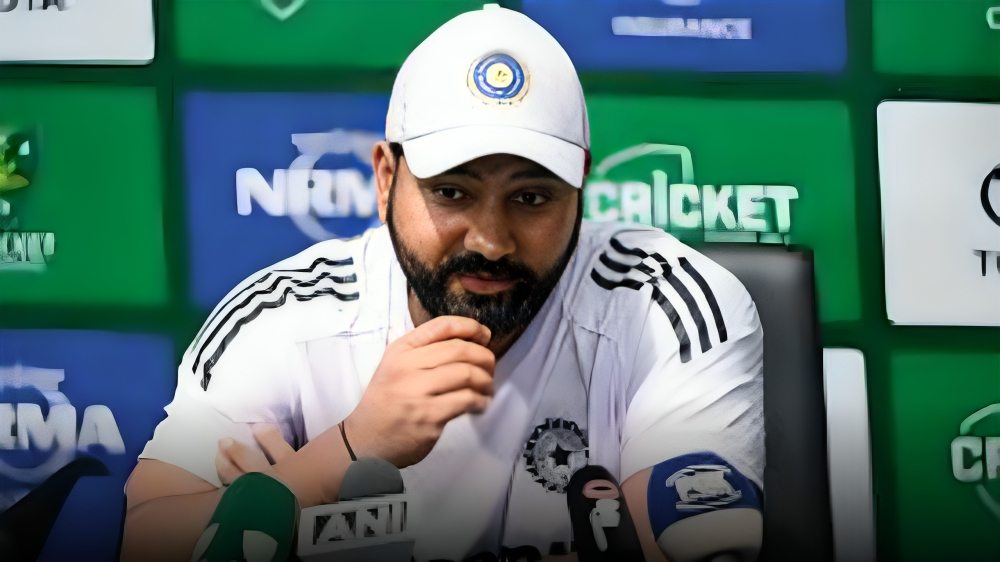3 iconic captains made selfless decisions to step away from their roles or playing positions for the greater success of their teams, prioritising team needs over personal glory or form. These acts of sacrifice set an example of a higher form of leadership—beyond traditional expectations—where collective success is valued more than individual accolades in the world of sport.
1. Rohit Sharma’s Selfless Absence in Sydney

The cricketing world was stunned when, during the fifth and final Test at the Sydney Cricket Ground against Australia, it was Jasprit Bumrah—not the usual captains Rohit Sharma—who walked out for the toss. Sharma’s decision to step aside was a rare moment that sent a powerful message: prioritising team success over personal glory. Having scored only 31 runs in five innings during the series, Sharma chose to sit out and allow an in-form batsman to take his place. This decision highlighted his maturity as a leader—acknowledging his form struggles and putting the team first. It was also a symbol of the depth and resilience of the Indian cricket team.
2. Misbah-ul-Haq’s Strategic Withdrawal

During the 2014 series against Australia, one of Pakistan’s most respected captains, Misbah-ul-Haq, faced heavy criticism due to a lack of contribution with the bat. Despite his calm and composed nature, his struggles coincided with two consecutive losses for Pakistan. To reinforce his commitment to the team’s success, Misbah stepped aside for the following match, handing over the captaincy to Shahid Afridi. The decision brought a new perspective to the team and demonstrated Misbah’s deep respect for leadership by stepping back from both his personal role and captaincy, marking a crucial moment in his career.
3. Dinesh Chandimal’s Championship Sacrifice

A dramatic instance of stepping down as captain occurred during the 2014 T20 World Cup when Sri Lanka’s regular captain, Dinesh Chandimal, decided to sit out the knockout matches. The move was both strategic and performance-based. By stepping aside, he allowed Lasith Malinga—known for his aggressive and dynamic leadership—to take charge. Under Malinga, Sri Lanka defeated India in a historic final. Chandimal’s decision to lead from the sidelines played a vital role in this triumph, illustrating the true essence of leadership—knowing when to step aside for the greater good.
Legacy of Leadership
The stories of Rohit Sharma, Misbah-ul-Haq, and Dinesh Chandimal highlight a unique facet of sports leadership: the courage to step back. These acts of self-removal are not about accepting defeat, but about recognising one’s limitations and prioritising team success. It reflects a form of leadership that goes beyond traditional expectations—where true honour lies not only in leading from the front but in knowing when to make space for others, for the greater good of the team.


